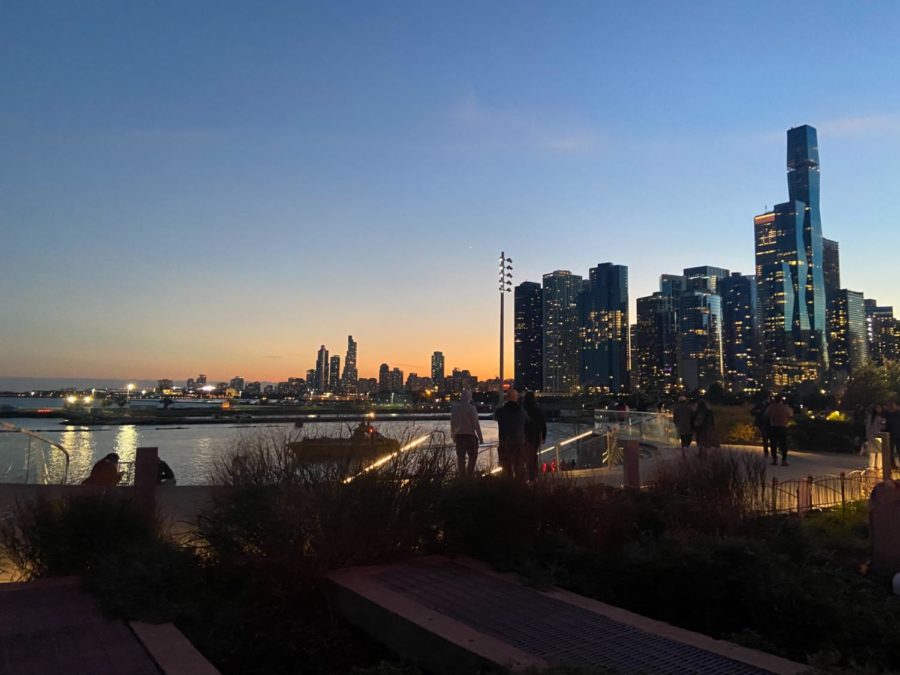In an email update sent to the University community Friday, April 1, UChicago Forward announced that there were 108 new cases and 176 close contacts for the period between March 25 and March 31. These figures are more than triple those of the last Forward update on March 18, in which 31 cases and 29 close contacts were reported.
Surveillance testing conducted between March 24 and March 30 yielded 15 new cases and a 3.58 percent positivity rate, approximately eight times the 0.44 percent reported two weeks ago. There are currently 17 students isolating on campus and 47 isolating off campus.
The University reaffirmed that it would continue with plans to lift the classroom masking mandate on April 4 and noted that instructors may not set mandates on mask-wearing. “As in other spaces on campus, anyone is free to wear masks. We ask that everyone be courteous of others and respect each other’s choices. While anyone may ask others to wear masks, starting April 4 no one is obligated to do so in classrooms, and individual instructors may not set masking policies for classes,” the email read. More information on the process to request accommodations is available on the UChicago Forward website.
The March 18 UChicago Forward email included a recommendation that individuals who travel over spring break, which lasted from March 19 to March 27, “get tested before and immediately after traveling.” In response to the increase in cases, this week’s UChicago Forward email encouraged individuals to schedule on-demand tests with the Voluntary Surveillance Testing Program through the my.WellnessPortal.
The email also reiterated that per University protocol, mask-wearing is still required in some scenarios. Close contacts of individuals who have tested positive for COVID-19 must wear a mask for 10 days following their exposure, and individuals who have recently been isolated following a positive test must wear a mask for five days after returning to in-person activities.
The city of Chicago’s positivity rate increased to 1.5 percent from last week’s 1.0 percent. Chicago Department of Public Health commissioner Allison Arwady said that the city remained “in good control” and urged concerned individuals to ensure that they had been fully vaccinated and boosted. “It is not surprising to see a slight increase in cases as behavior changes, but we continue to monitor this closely,” she said in a statement.









